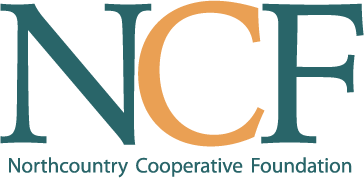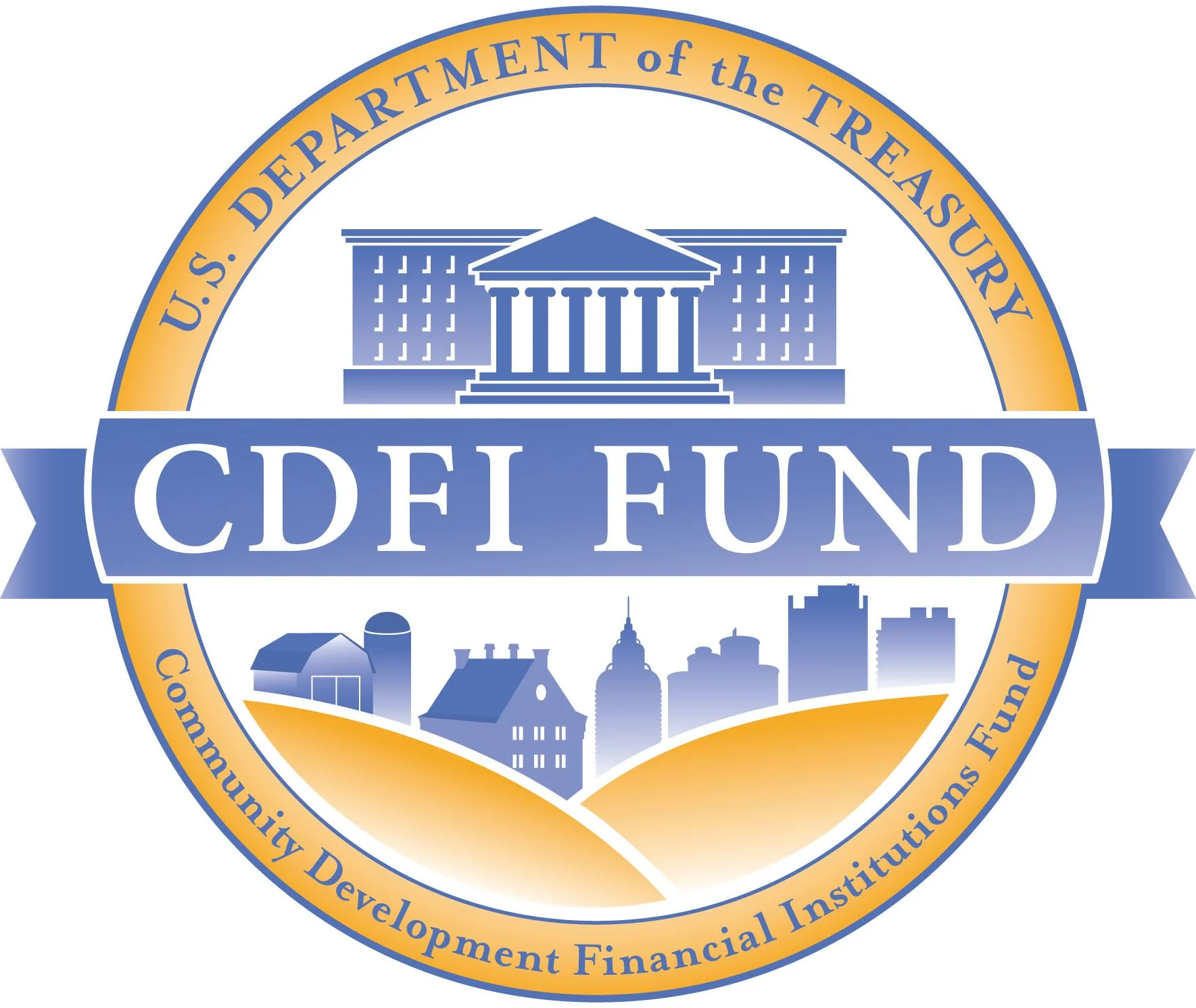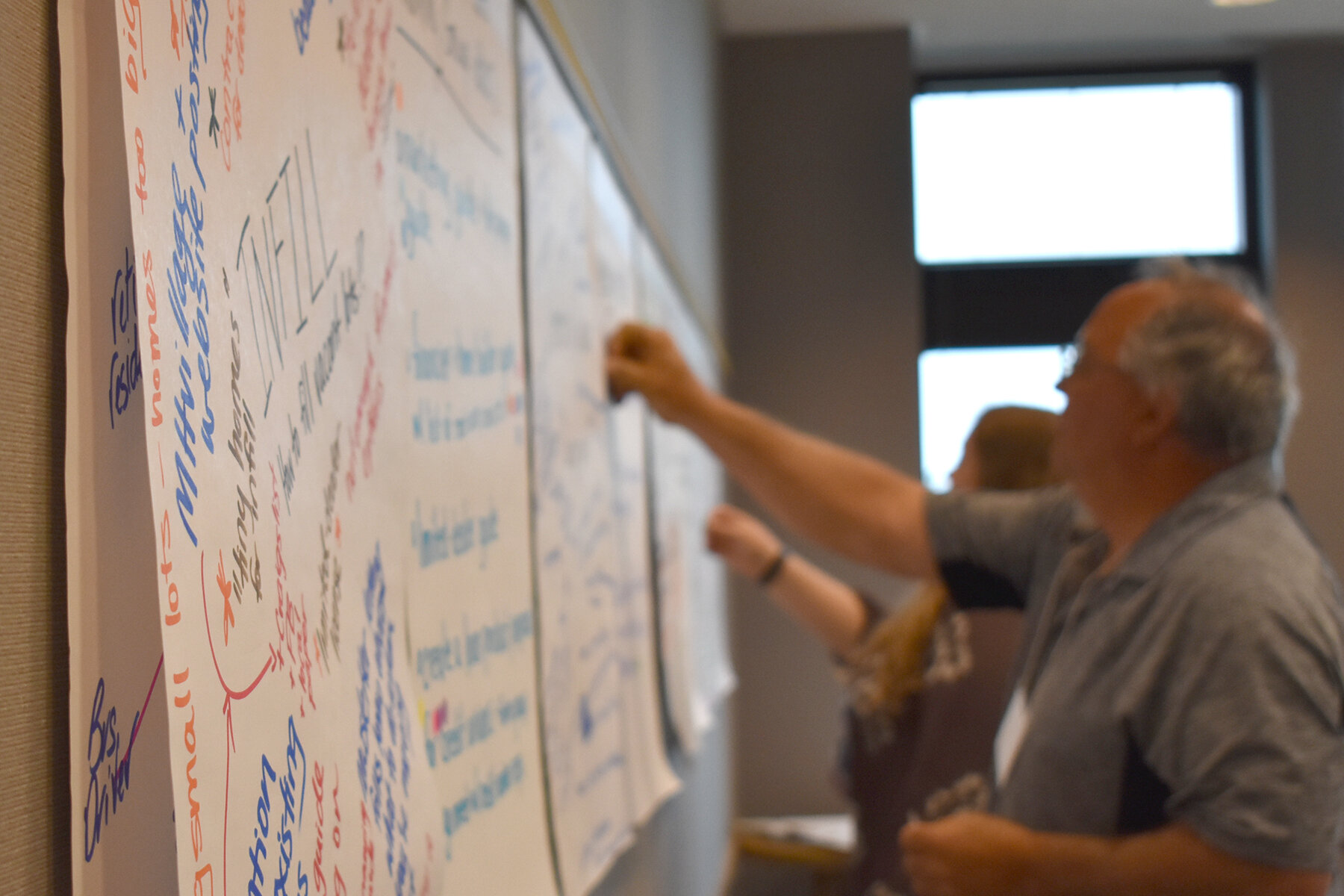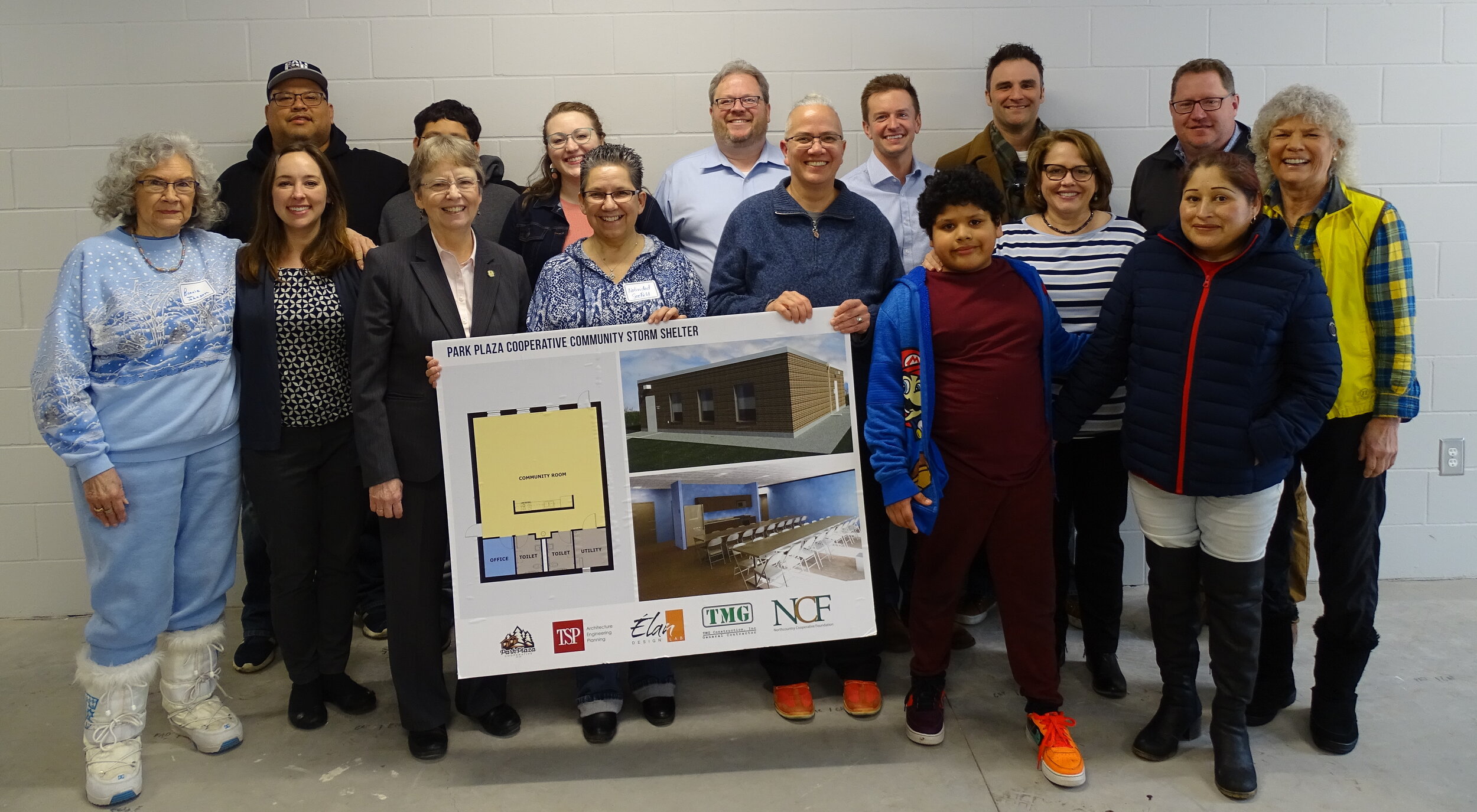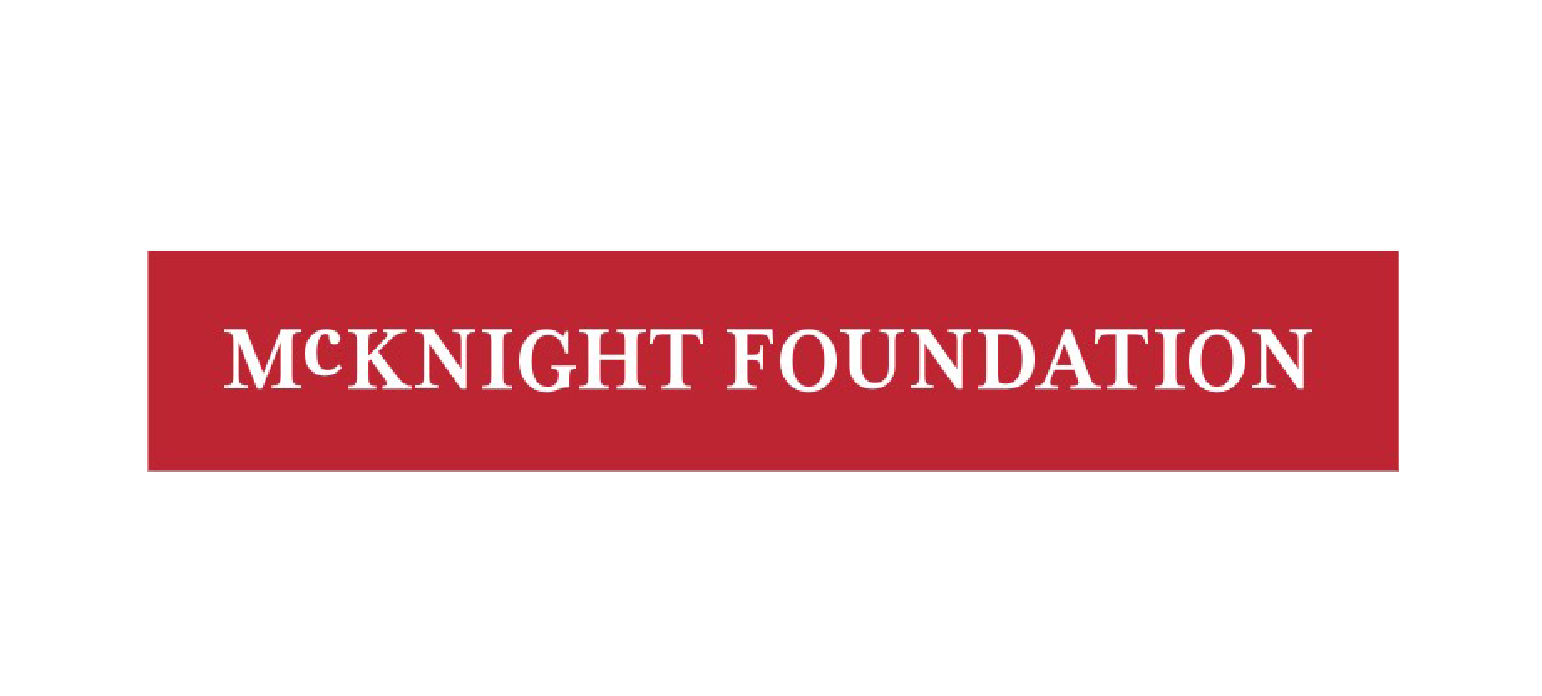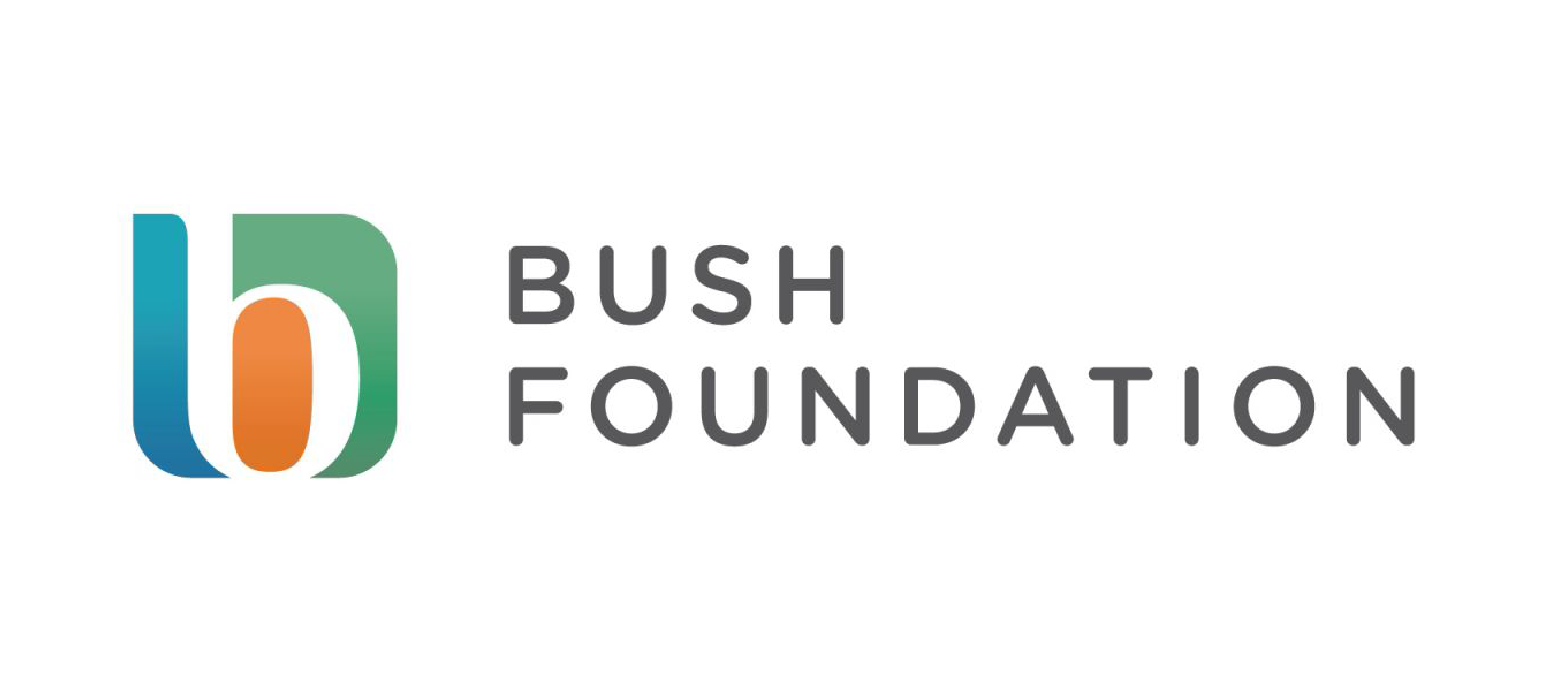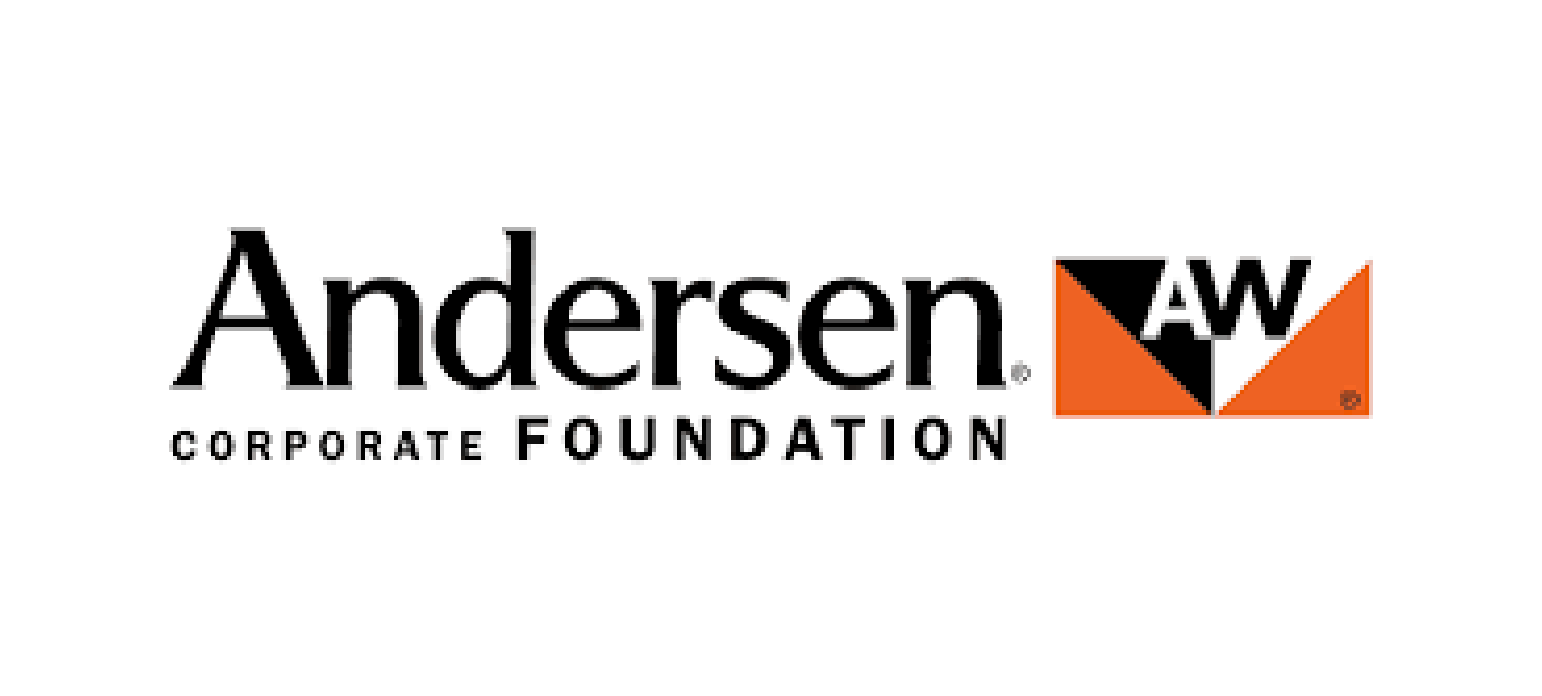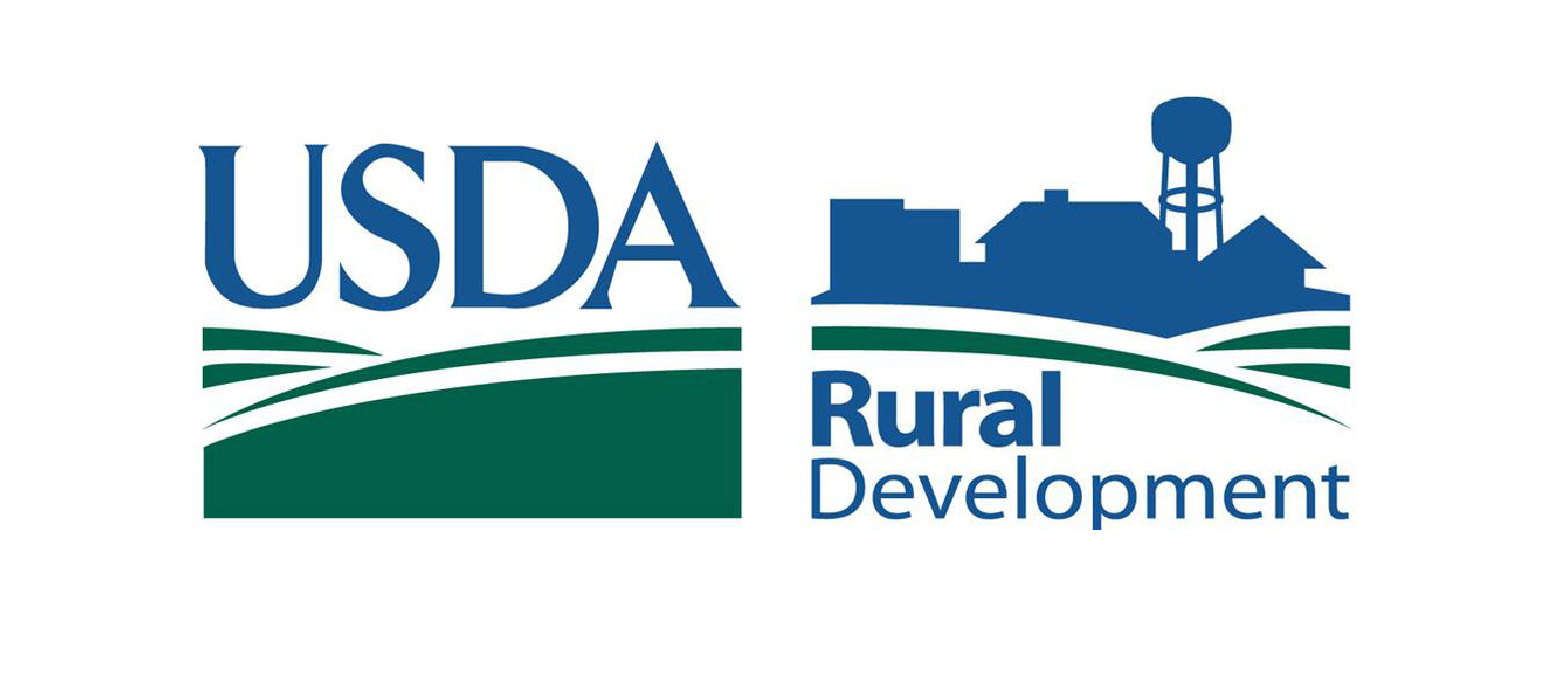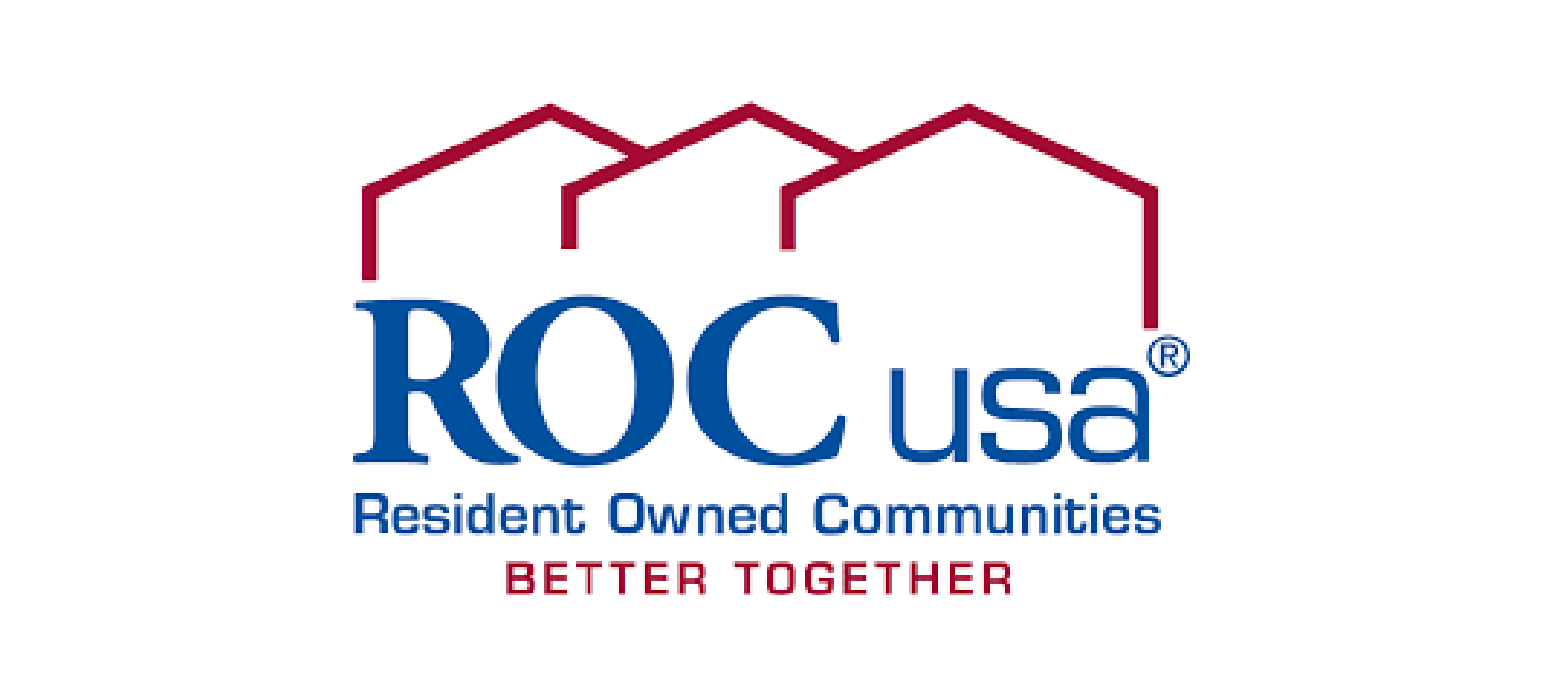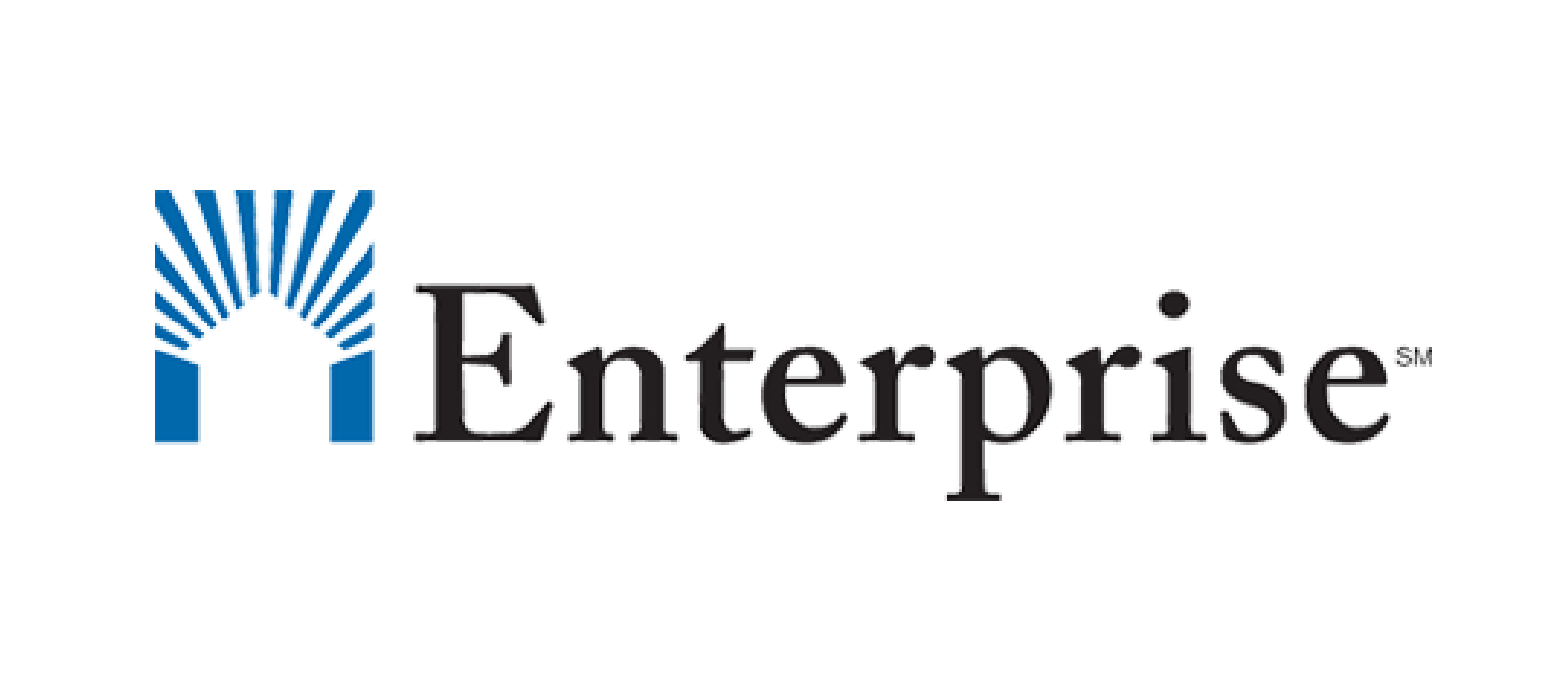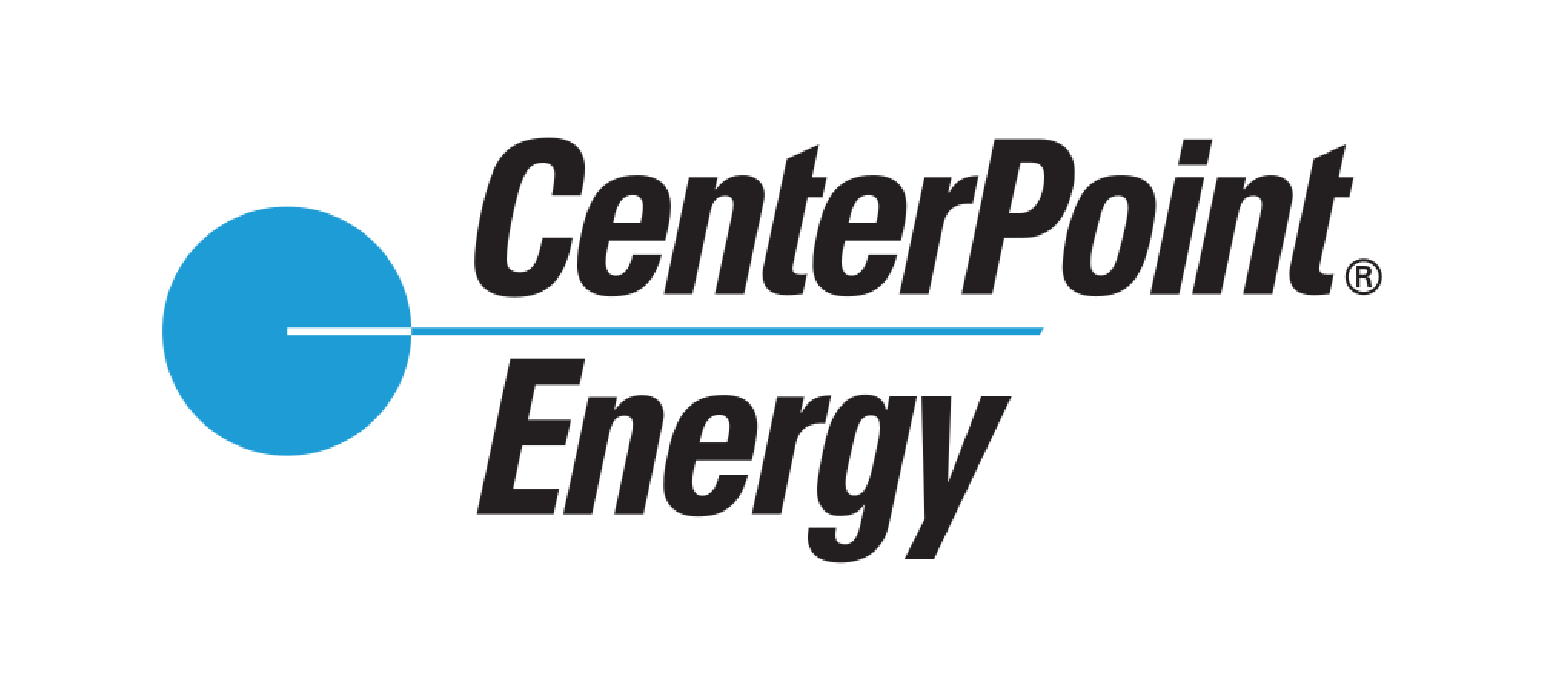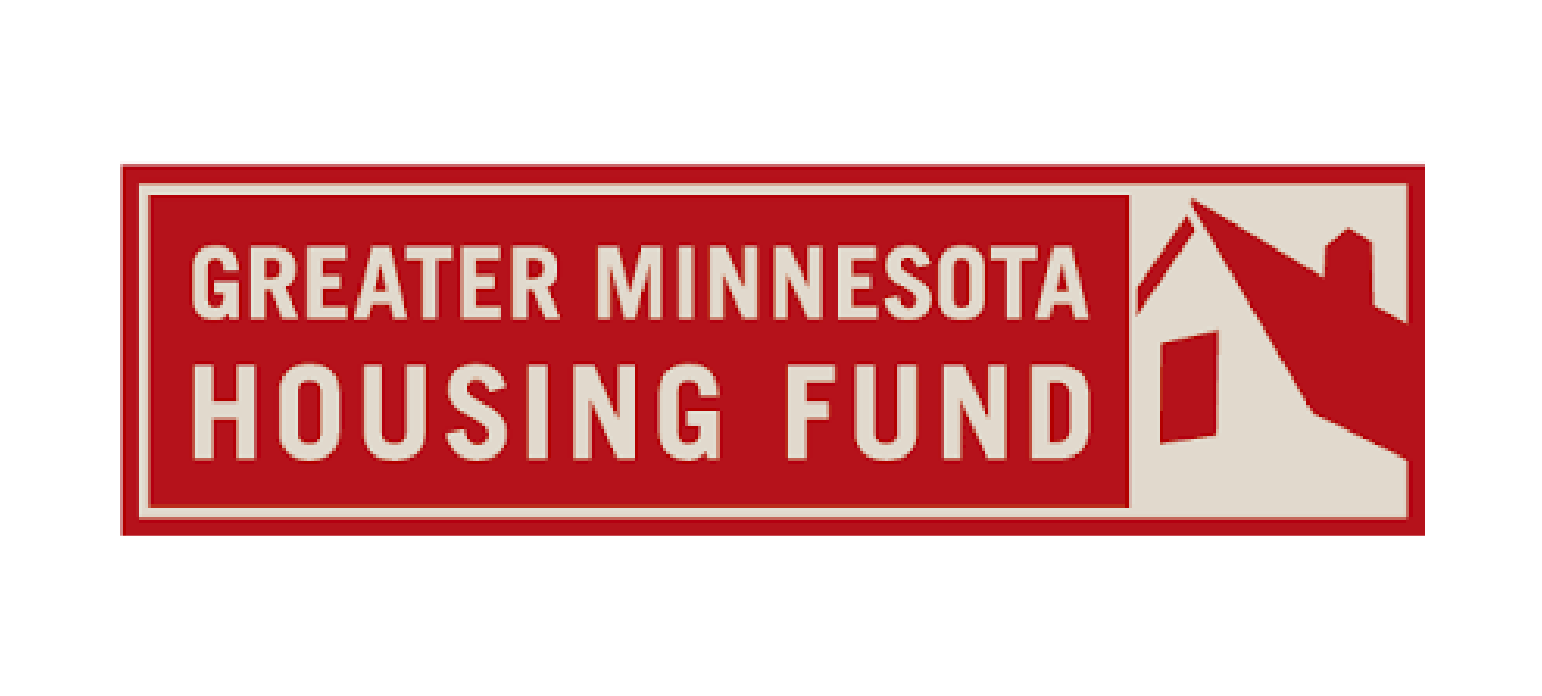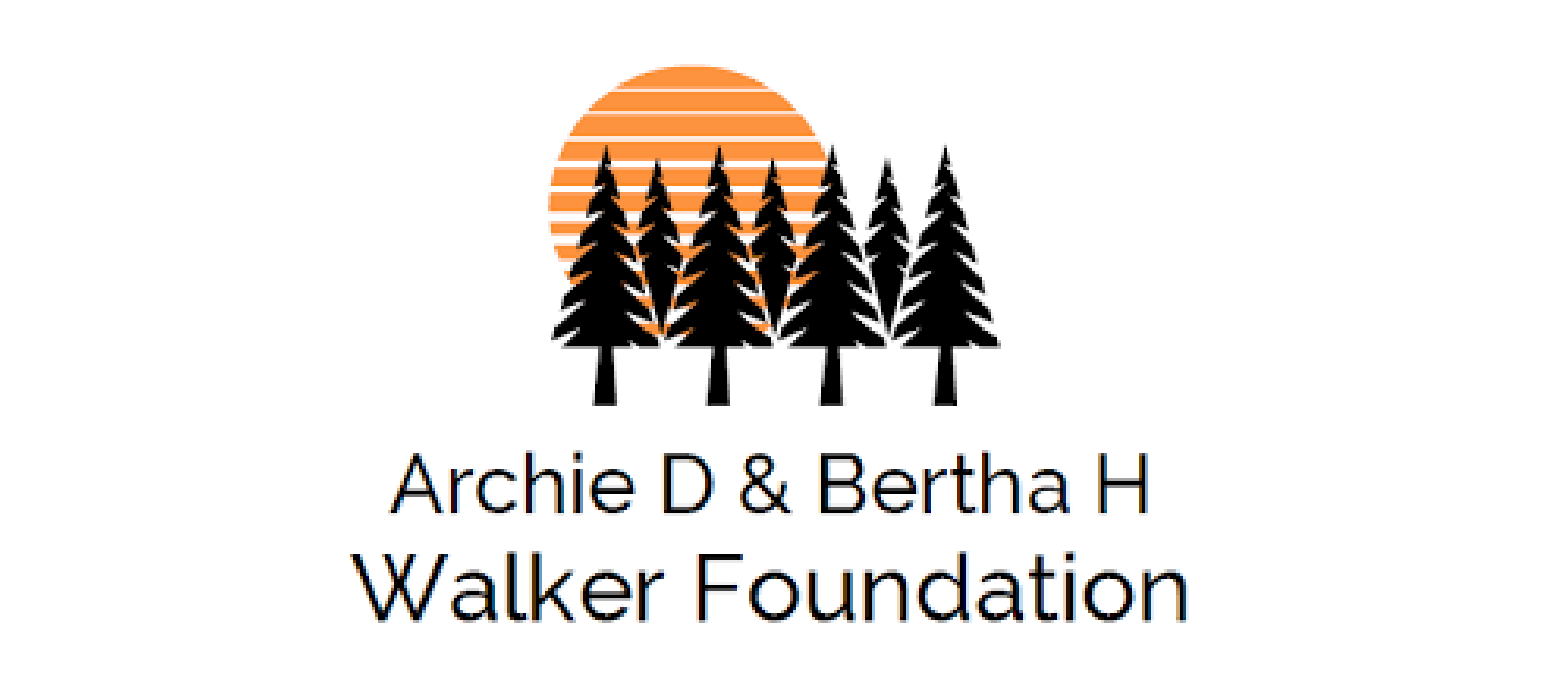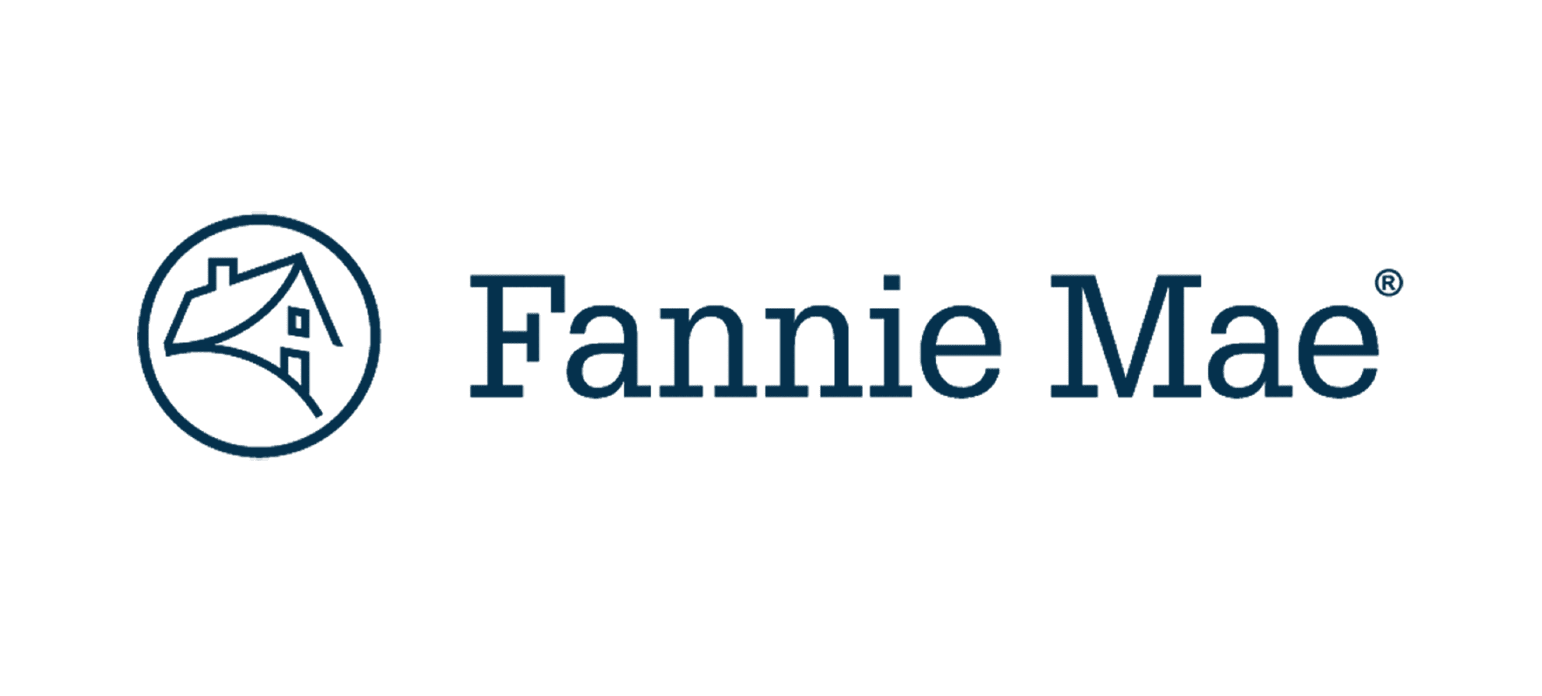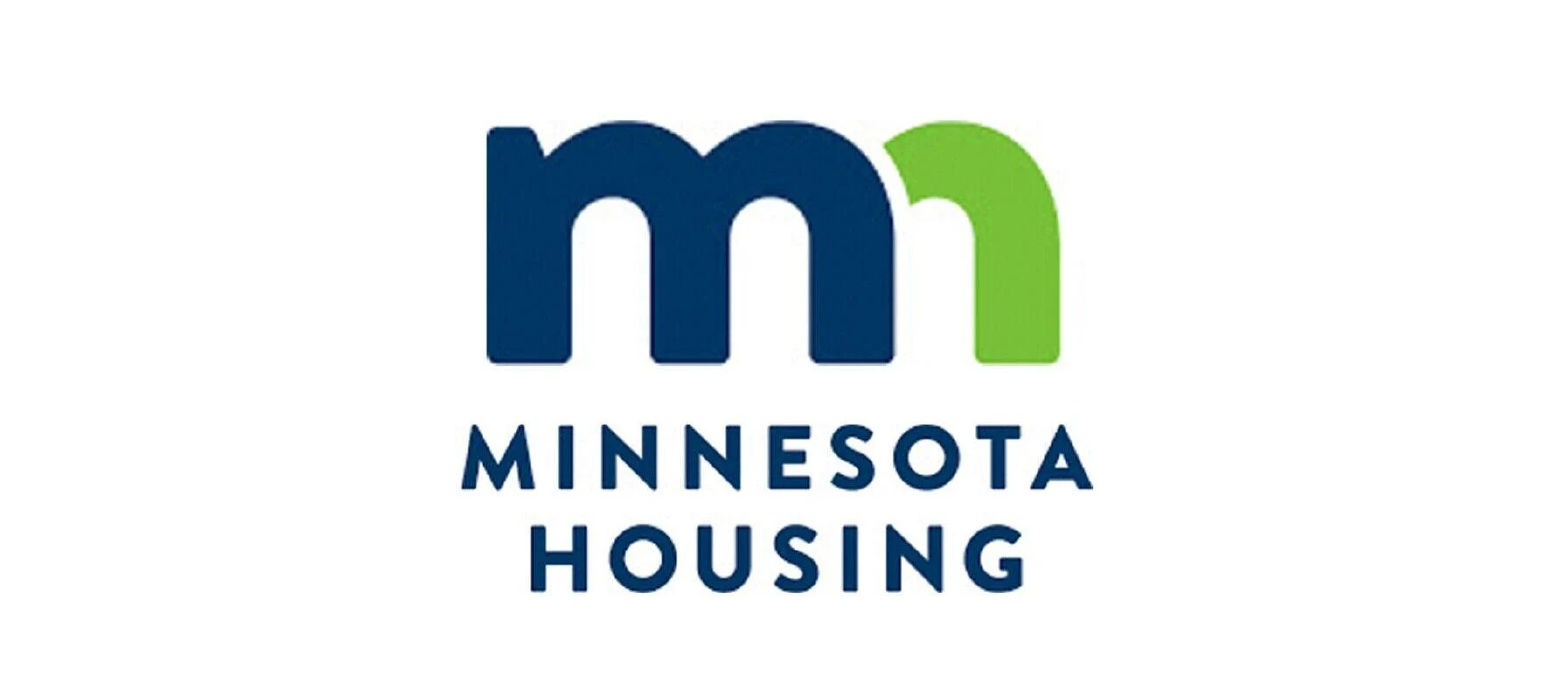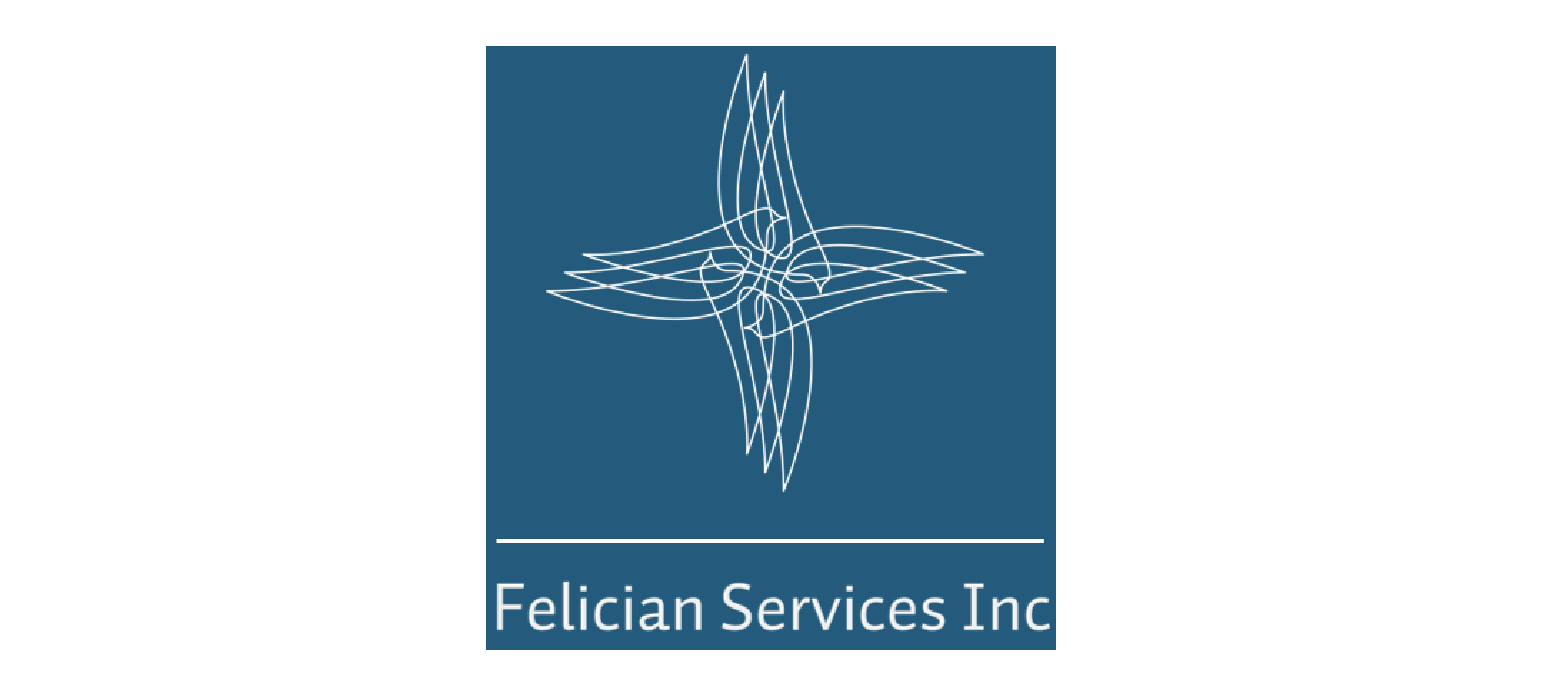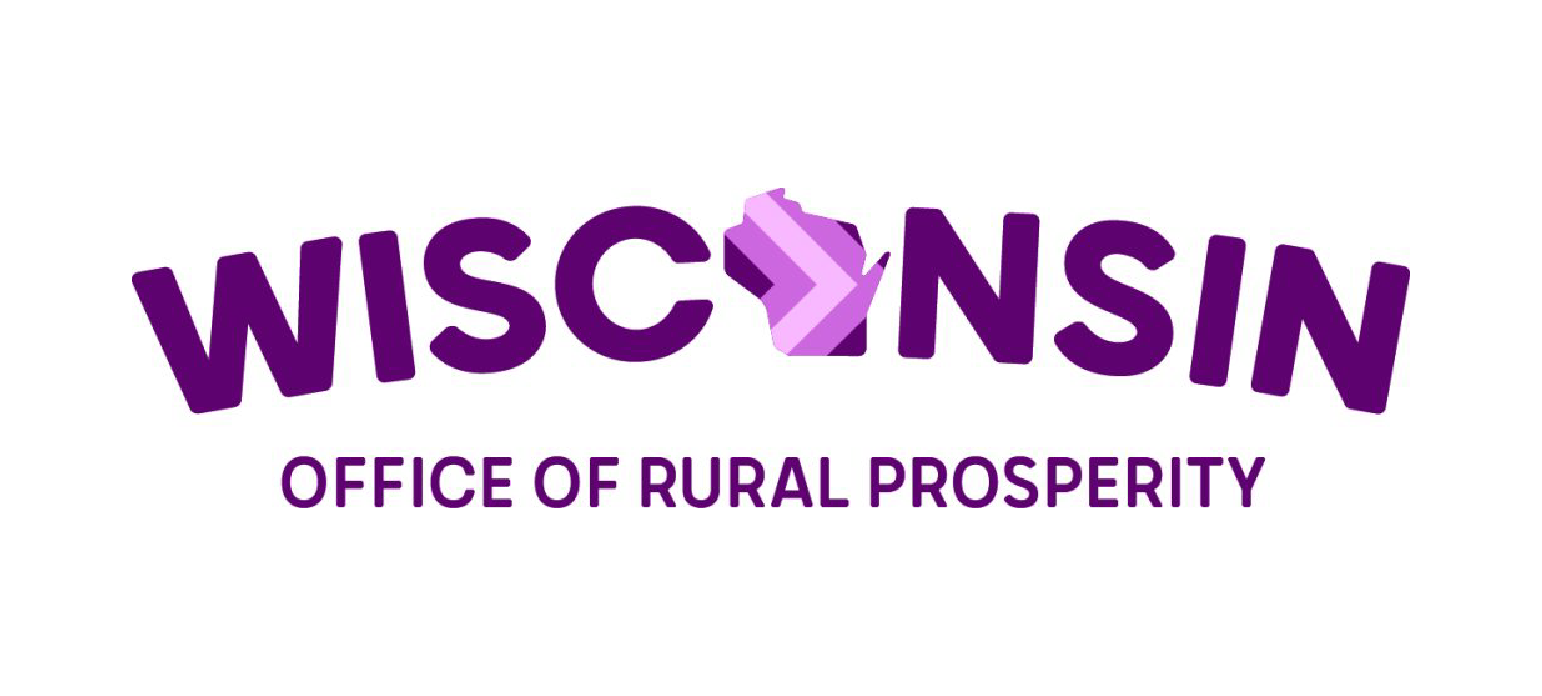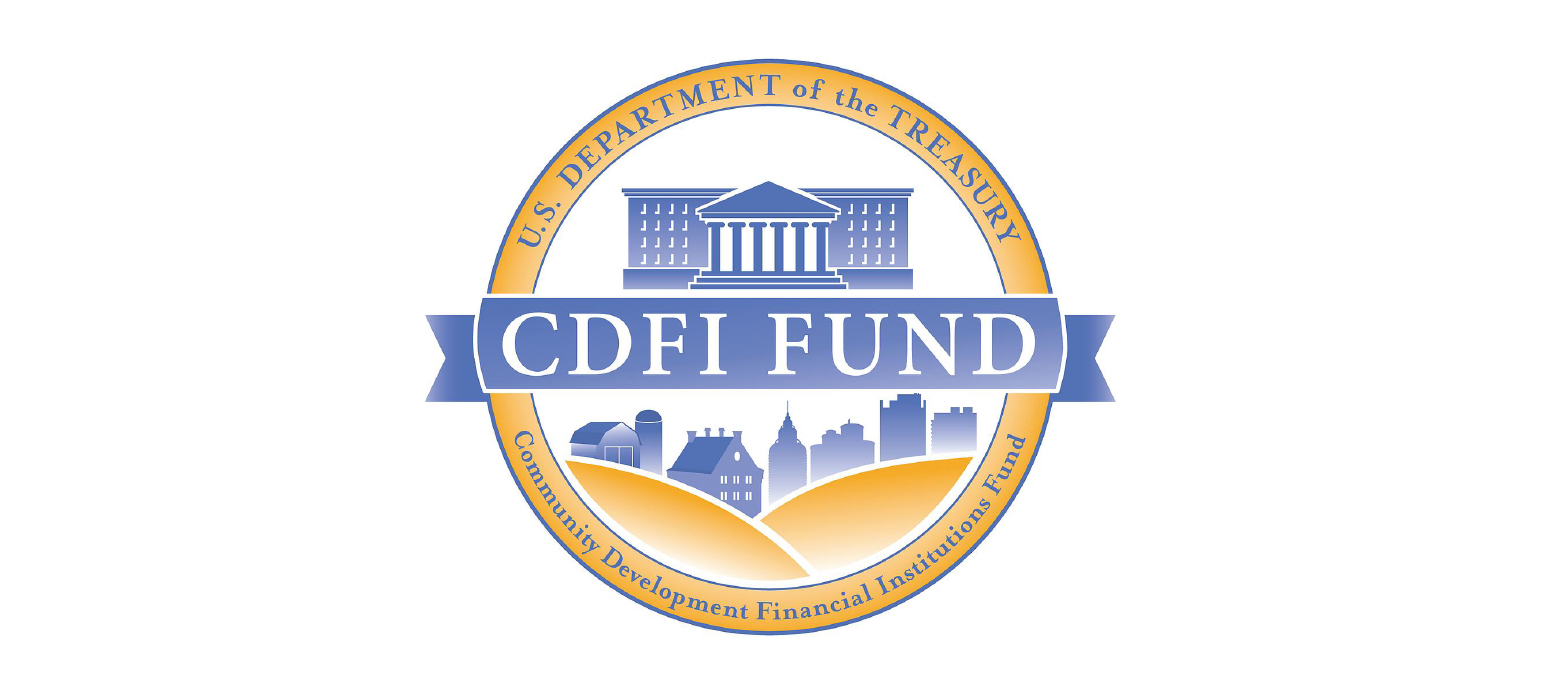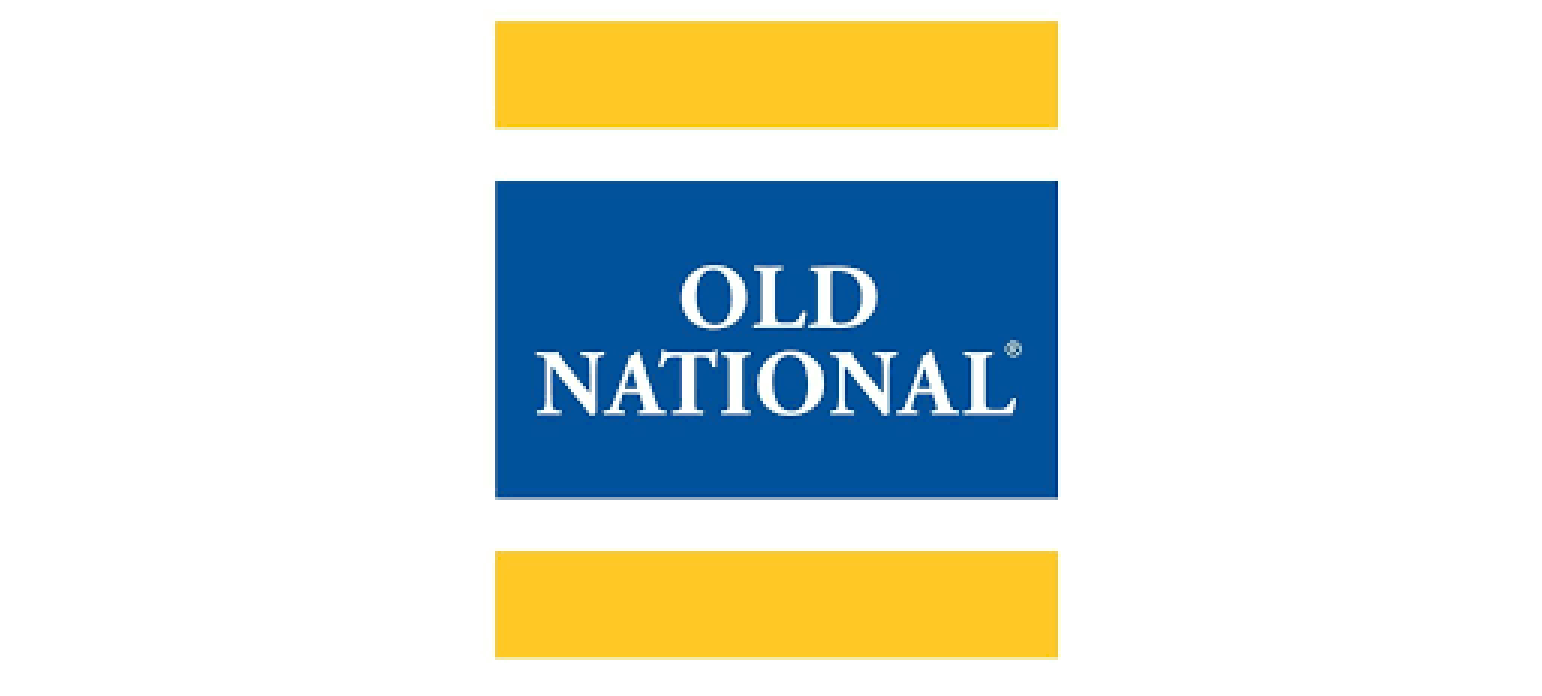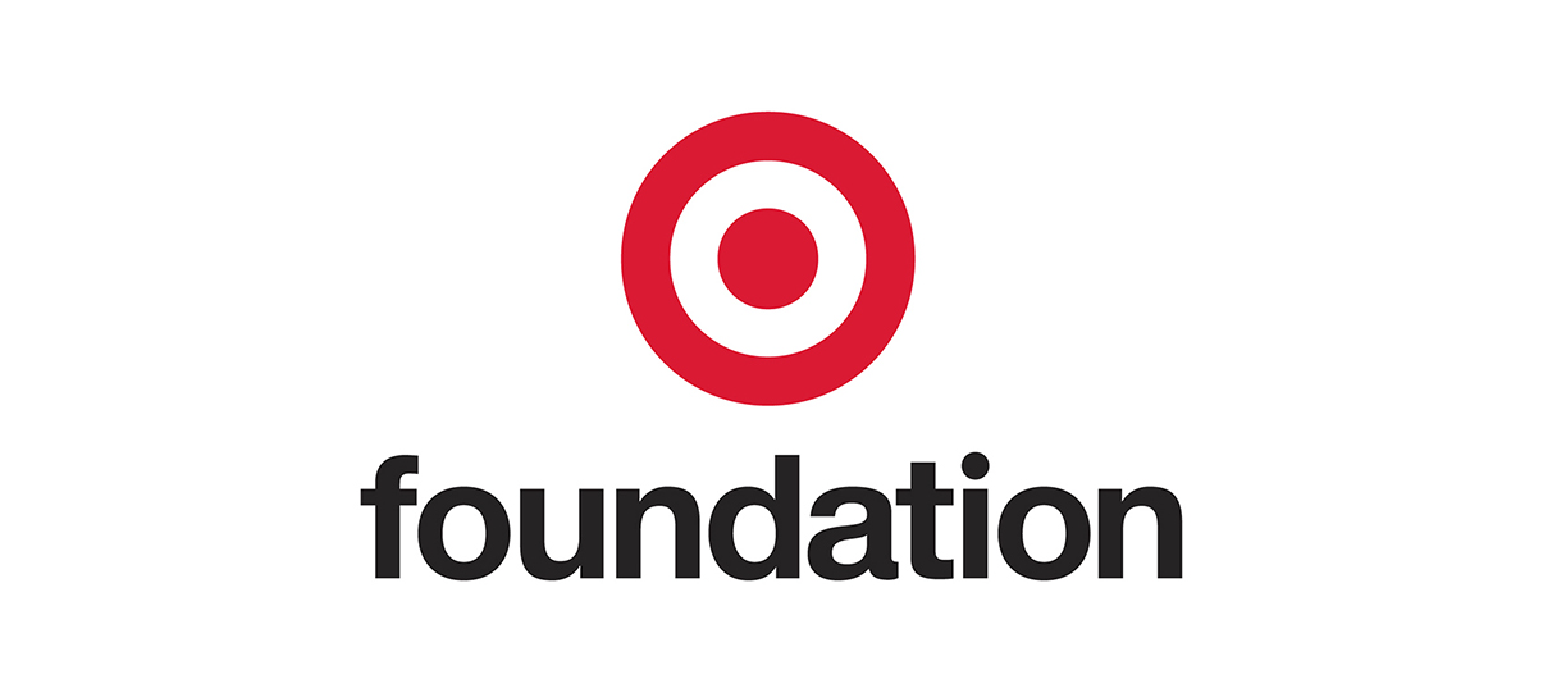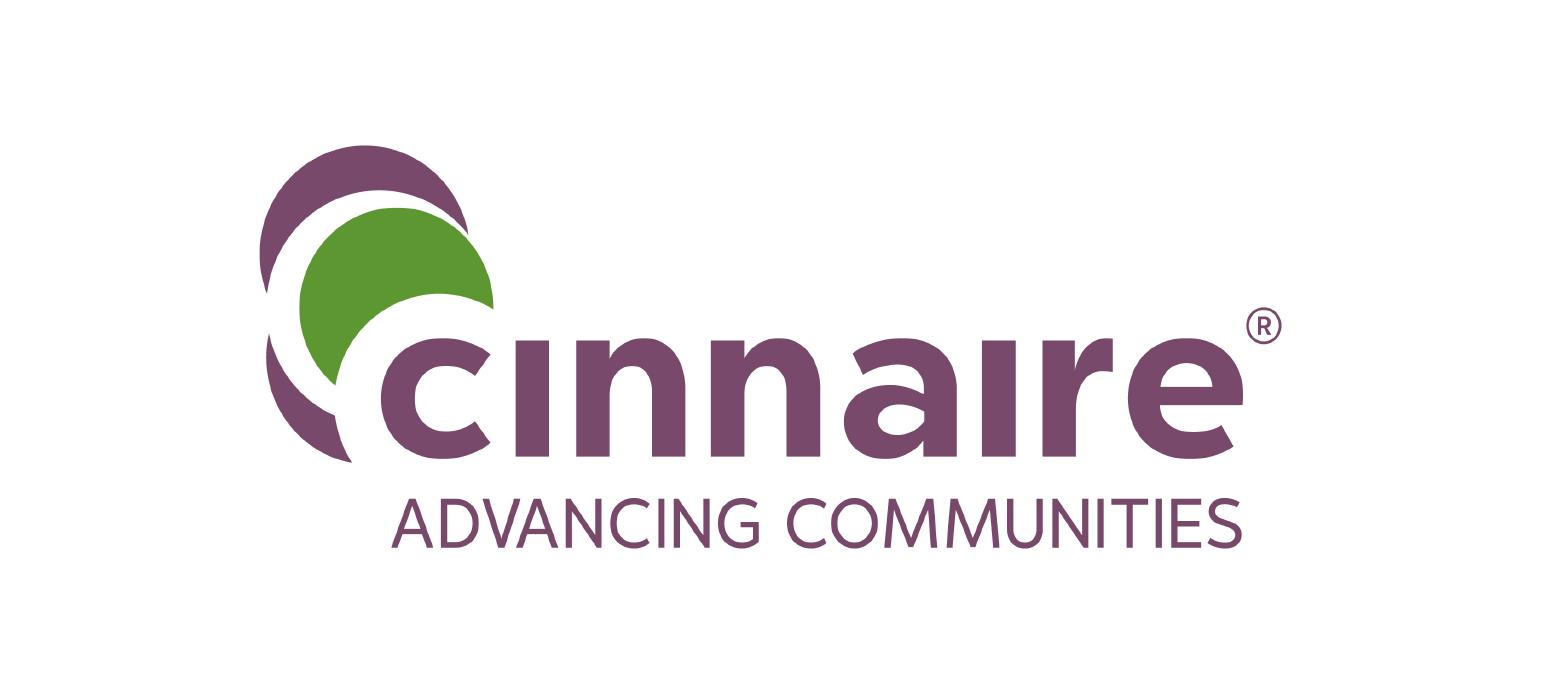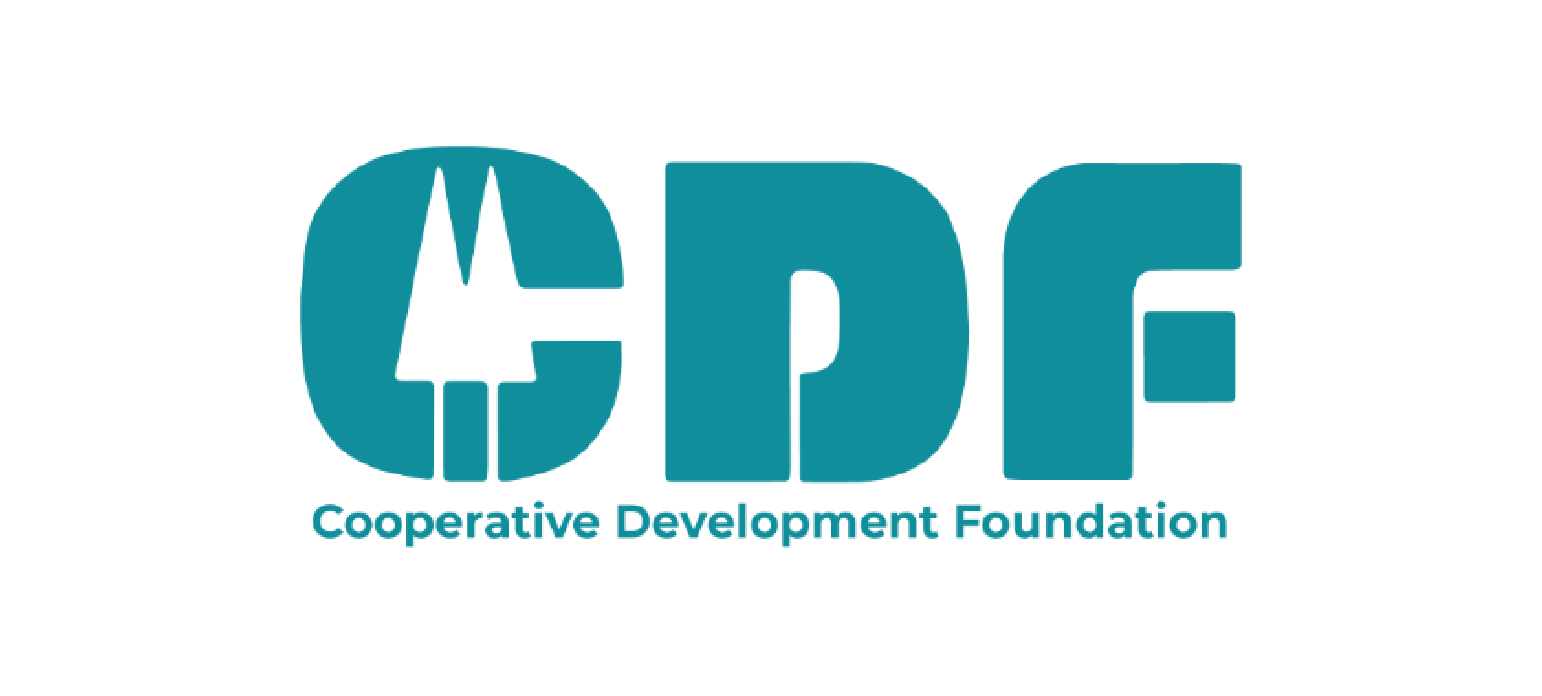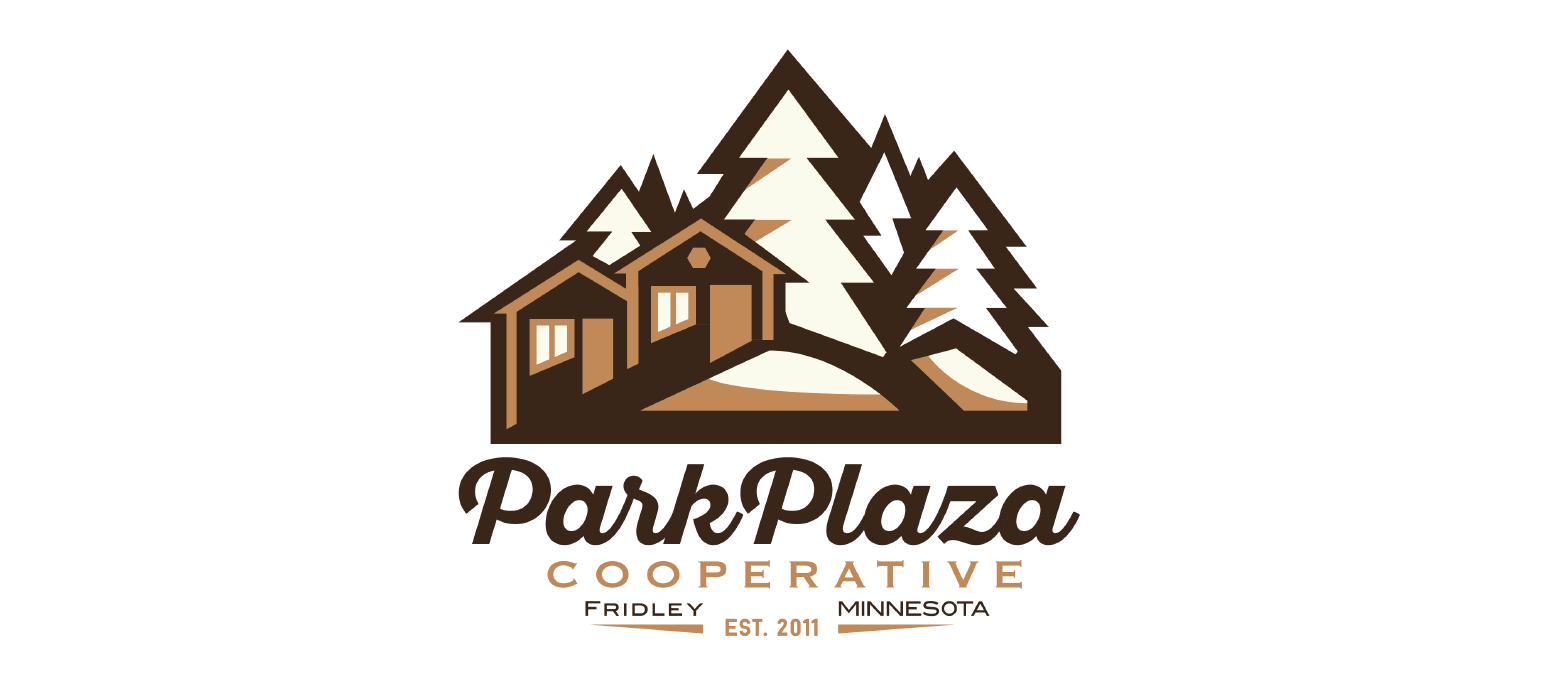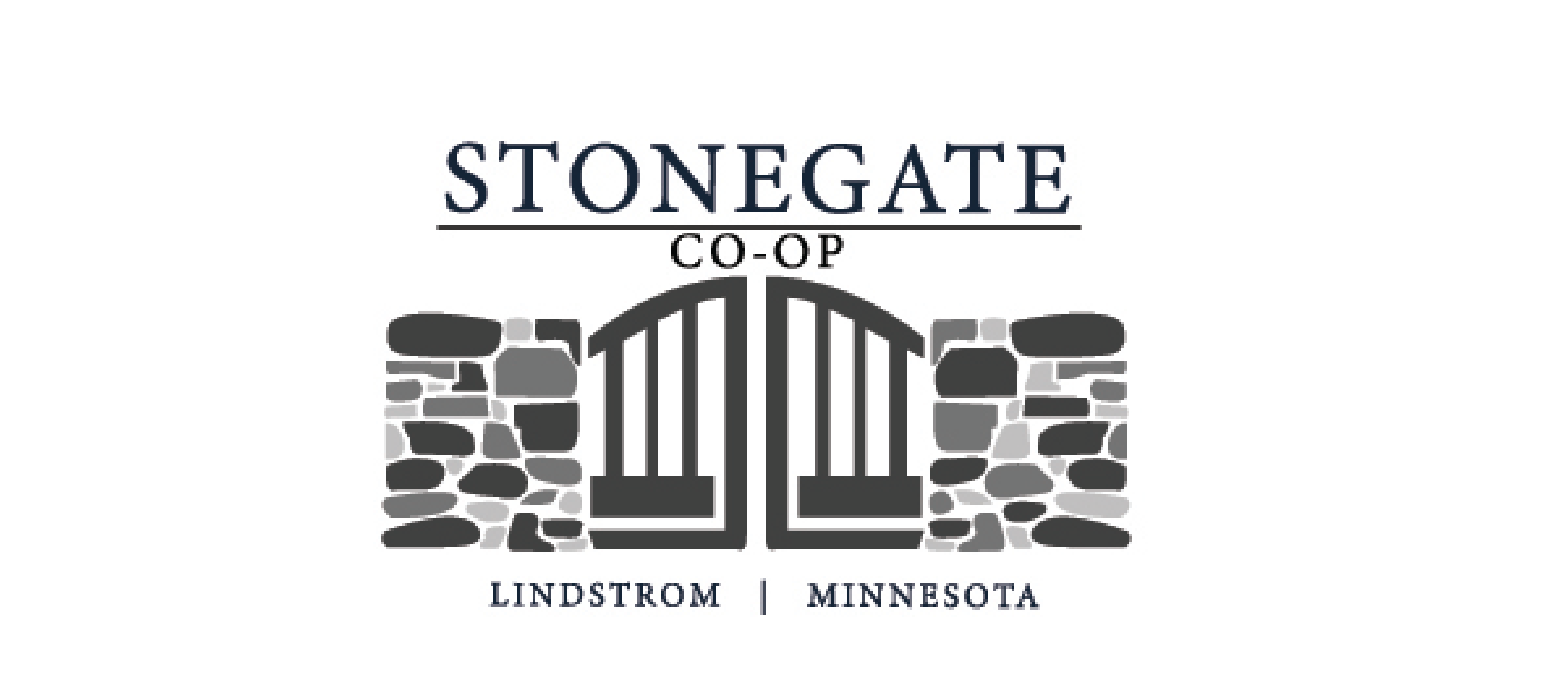On June 24, the Minnesota House advanced a final housing bill just days before the June 30 special session deadline. The bill included several notable wins for Minnesota manufactured homeowners including changes to how manufactured homes can be titled and increased funding for cooperative acquisitions of manufactured home communities and infrastructure improvement projects.
Real Property Titling for Manufactured Homes. Like the majority of states across the country, manufactured homes in Minnesota are titled as personal property if they are sited in a land-lease community (ie: a community where the residents own their homes but rent the land underneath the home). The 2021 housing bill approves a new policy that allows owners of manufactured homes in cooperative- or nonprofit-owned communities to title their homes as real property instead of personal property.
NCF has advocated for manufactured home titling reforms for many years. We hope the new real property designation for homes in our client co-ops will attract new lenders to the manufactured housing market and improve the loan terms available to homeowners.
Changes to the Rehabilitation Loan Program. Minnesota Housing’s Rehabilitation Loan Program (RLP) assists low income homeowners in financing basic home improvements that directly affect the safety, habitability, energy efficiency, or accessibility of their homes. The legislature approved an expansion of the program to allow the loans to be used toward the replacement of a manufactured home. The loan amount maximum was also raised from $27,000 to $37,500 per loan.
Opportunity to Purchase. This year, a group of homeowners from manufactured home communities across the state led a campaign to pass a law that would provide manufactured homeowners with an opportunity to purchase their community any time the property was going up for sale. Six other states across the country have opportunity to purchase laws, including in Colorado, which passed the law in 2020.
The bill language was included in the House of Representatives omnibus bill, but did not receive a hearing in the Senate so was not included in the final housing omnibus bill. The campaign’s leadership plans to bring the bill forward again in 2022. Learn more about the opportunity to purchase bill by visiting the campaign’s website: mn4otp.org.
Funding Allocations. The housing bill includes $10 million in new, one-time funding and $100 million in Housing Infrastructure Bonds (HIBs).
Of the $10 million in one-time funding that was allocated, the Manufactured Home Park Infrastructure Program (MHCRP) received $1,750,000 in addition to the program’s existing base appropriation of $1,000,000. The total amount available through the MHCRP in 2022 will be $2,750,000. Eligible uses of the MHCRP include manufactured home community acquisitions and community improvement projects. Funds are available once a year, typically in mid-August, through a competitive application process.
The Workforce and Affordable Homeownership Development (WAHD) Program received $3,250,000 above the program’s existing base appropriation of $250,000 per year. The total amount available through the Workforce Homeownership Program in 2022 will be $3,500,000. WAHD provides one-time grants for residential housing development and rehabilitation, land development, and infrastructure development and repair for manufactured home communities. Funds are available once a year, in mid-July, through a competitive application process.
Perhaps the most notable outcome of the 2021 session for manufactured housing was the inclusion of a $15,000,000 set-aside of Housing Infrastructure Bonds to be used for manufactured home community acquisitions and infrastructure improvements. The total HIB authorization approved by the Legislature was $100,000,000.
Housing Infrastructure Bonds (HIBs) are limited obligation tax-exempt bonds issued by Minnesota Housing and authorized by appropriations from the General Fund of the Minnesota Legislature. The proceeds of HIBs may be used to fund loans that finance specific housing development purposes.
In 2018, the eligible uses of HIBs was expanded to include manufactured home community infrastructure improvements and expanded again in 2019 to allow HIBs to be used for acquisition of manufactured home communities.
